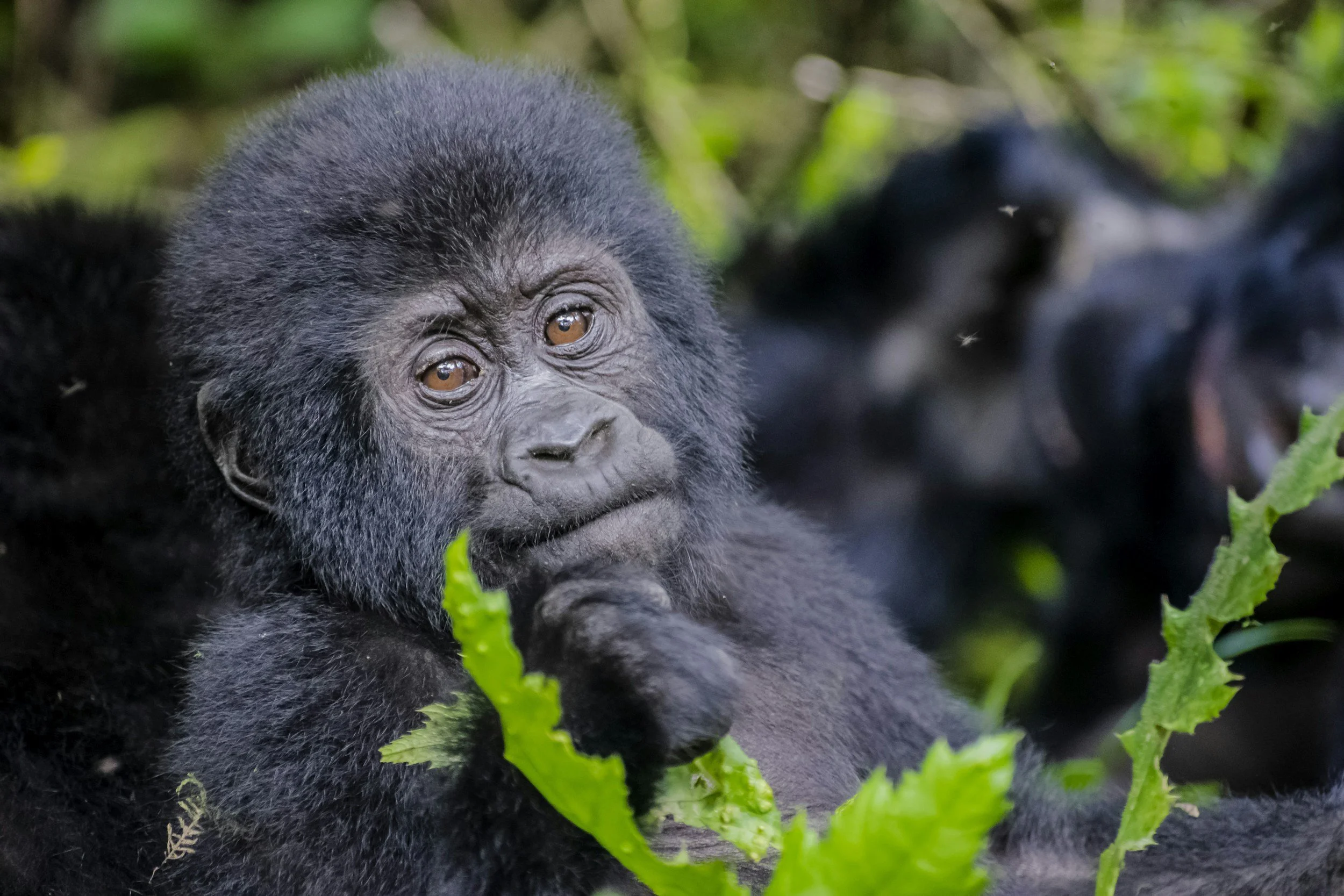An Extraordinary Spectacle of Nature: Trillions of Cicadas are About to Emerge in the U.S.
After 17 years of hibernating underground, trillions of the insects will move above ground in multiple states across the country.
For the past 17 years, cicadas - inch-long insects with translucent wings and wide set eyes - have been underground, quietly feeding on forest roots across North America.
Now, trillions of mature cicada nymphs are ready to emerge from the ground to drink tree sap, attract mates, and lay their eggs in the stems of woody plants.
These cicadas are known as Brood X, and they are among the largest of the periodic cicada broods, and in the next week or two as temperatures warm, they’ll be out and about in multiple states across the country, from Indiana to New York.
For those in one of the 14 states where the cicadas will burst from the soil, the loud mating calls and large swaths might be unnerving, but scientists are calling this an extraordinary, natural spectacle to appreciate while it lasts. “It’s a phenomenon that ought to generate awe and respect and wonder,” says Jeffrey Lockwood, an entomologist and professor of natural sciences and humanities at the University of Wyoming.
Scientists are also reassuring people that these creatures are harmless; cicadas are not venomous and there is no evidence that they can transmit diseases. They’re also not a danger to crops. Unlike locusts, cicadas only feed on tree sap. And while they don’t pose a threat to us, humans certainly pose a serious threat to them.
Due to urban expansion, humanity has claimed vast spaces that were once home to cicadas (and other creatures), decimating entire cicada populations. Rising temperatures are potentially disrupting the rhythms of the insects' internal body clocks, causing them to emerge from the ground earlier than they did a few decades ago.
For the four-six weeks that these cicadas are active, they’ll be contributing to the ecosystem by pruning tree branches and aerating the soil, and scientists are calling for American’s to appreciate this event as a sign that there is hope for nature.
“We’ve done such a thorough job of decimating the natural world that any organism, at least any animal, that appears in these sorts of numbers - it’s wonderfully humbling,” says Lockwood.
More stories:
Species Unite
A collection of stories of those who fight the good fight on behalf of animals.




A judge has issued Pennsylvania’s first habeas corpus order for a nonhuman animal, advancing NhRP’s fight to move five African elephants from the Pittsburgh Zoo to a sanctuary.